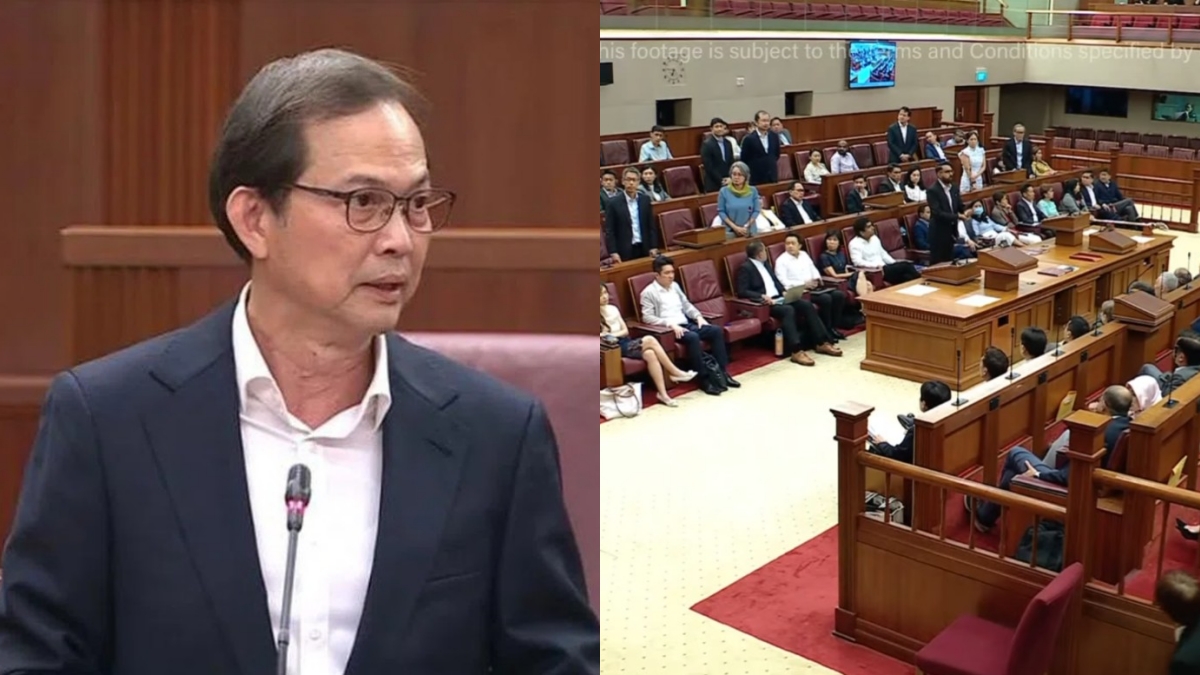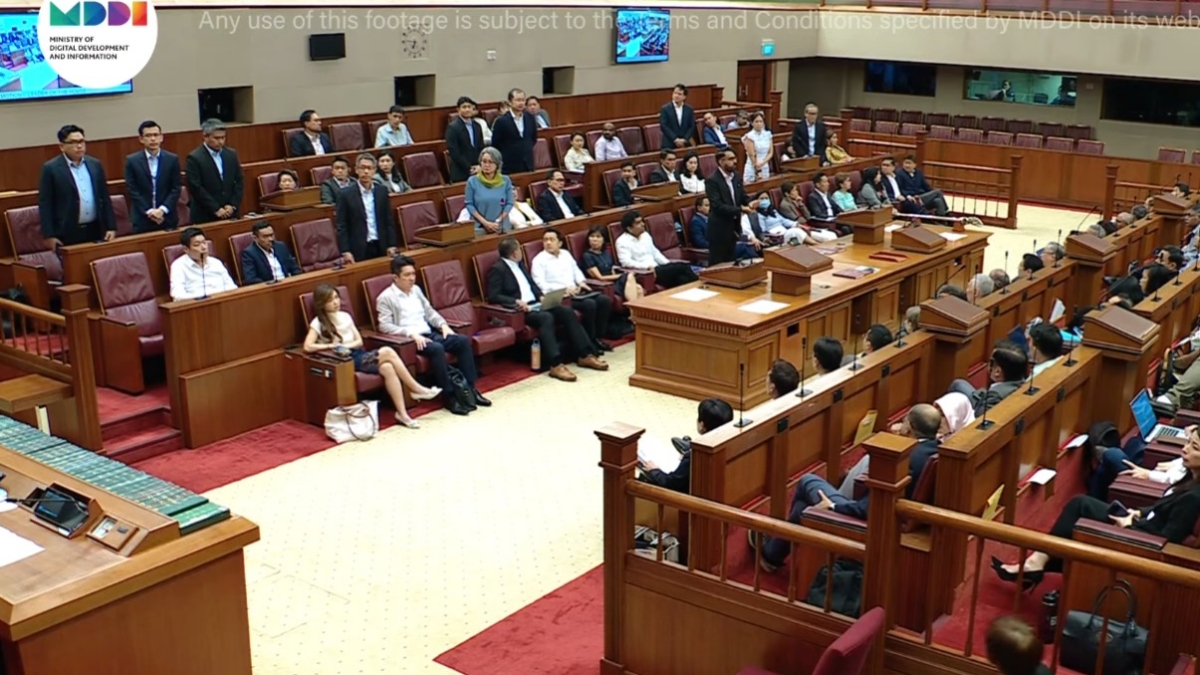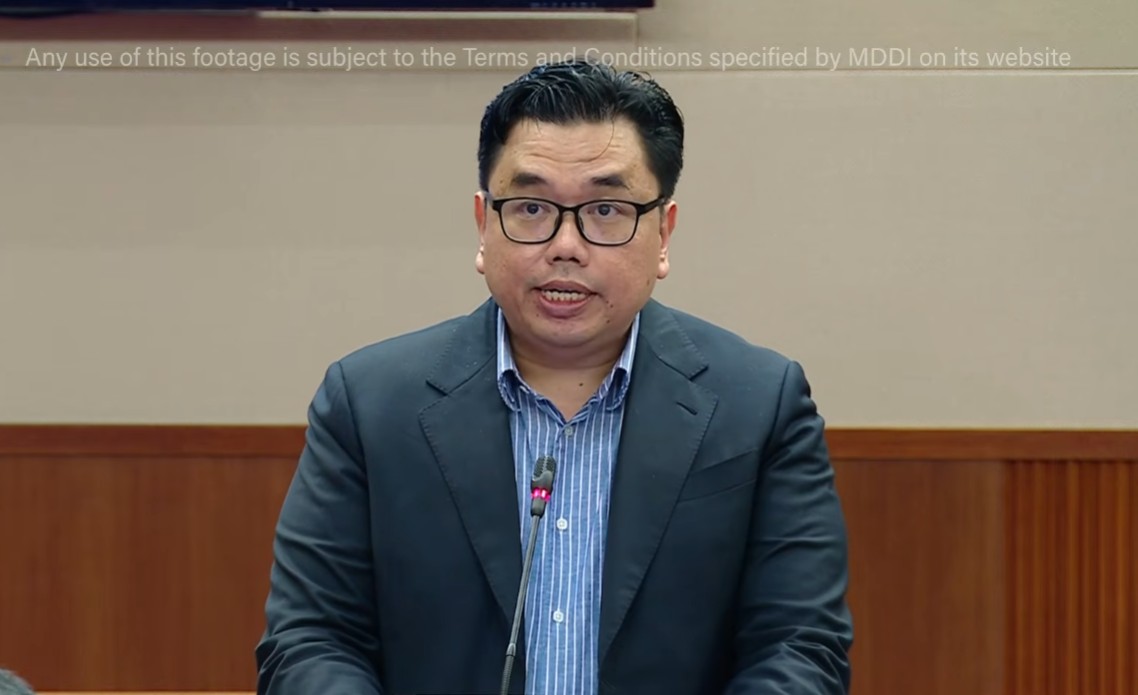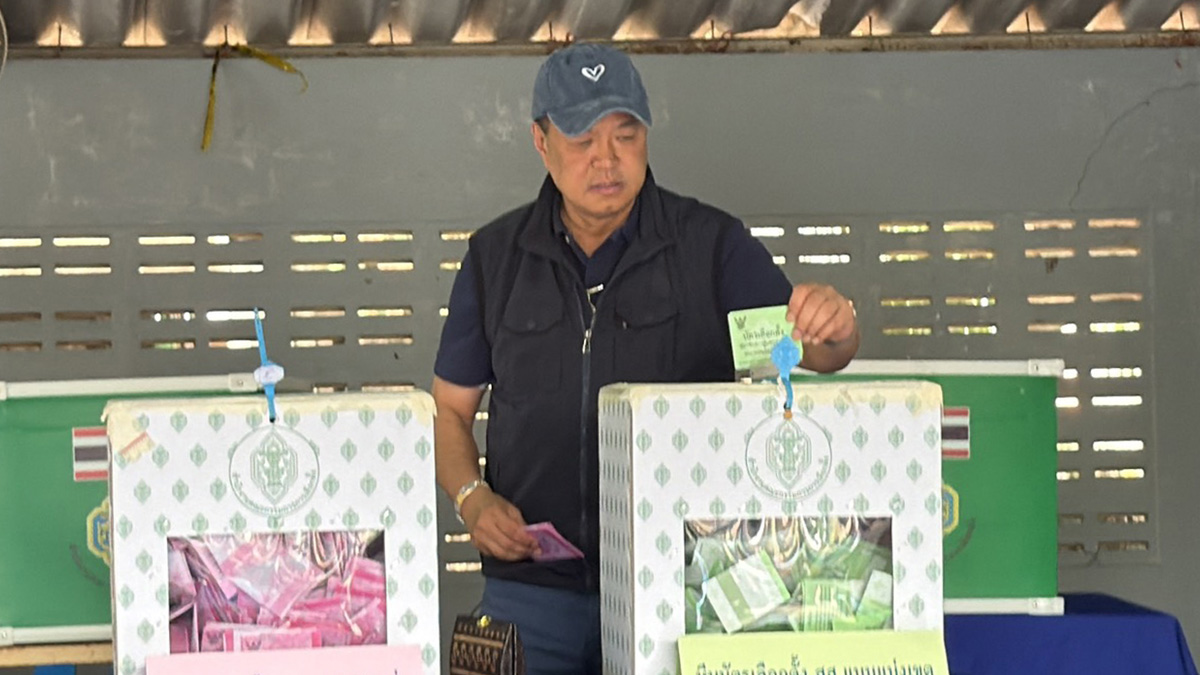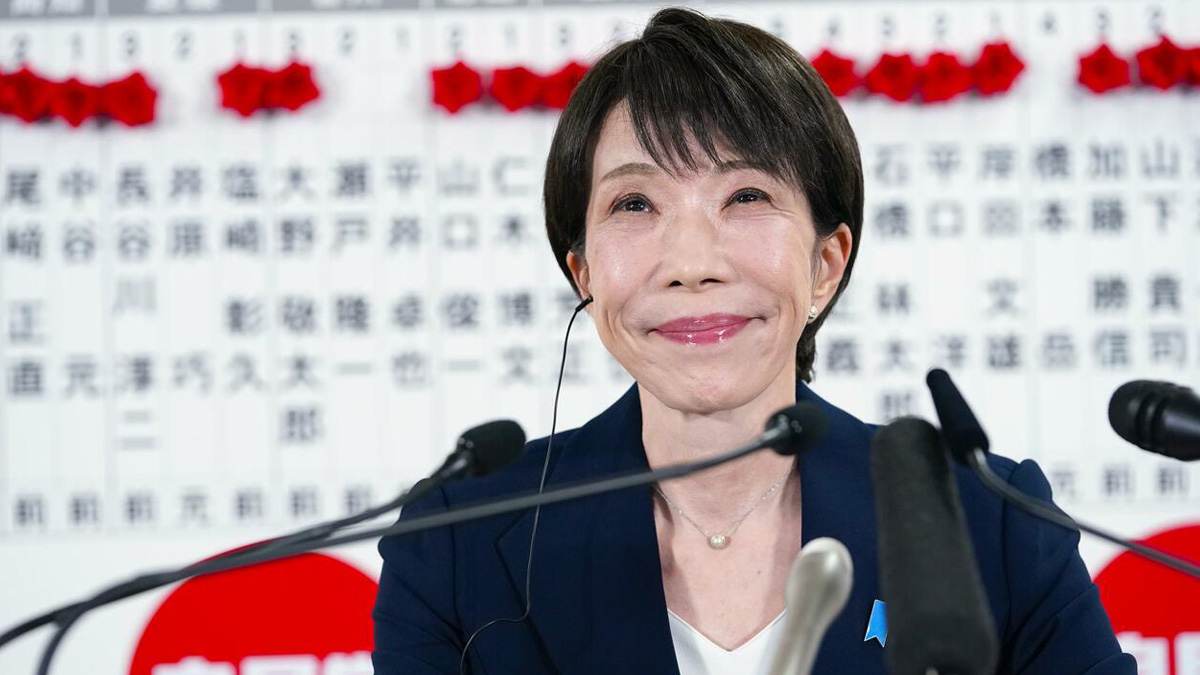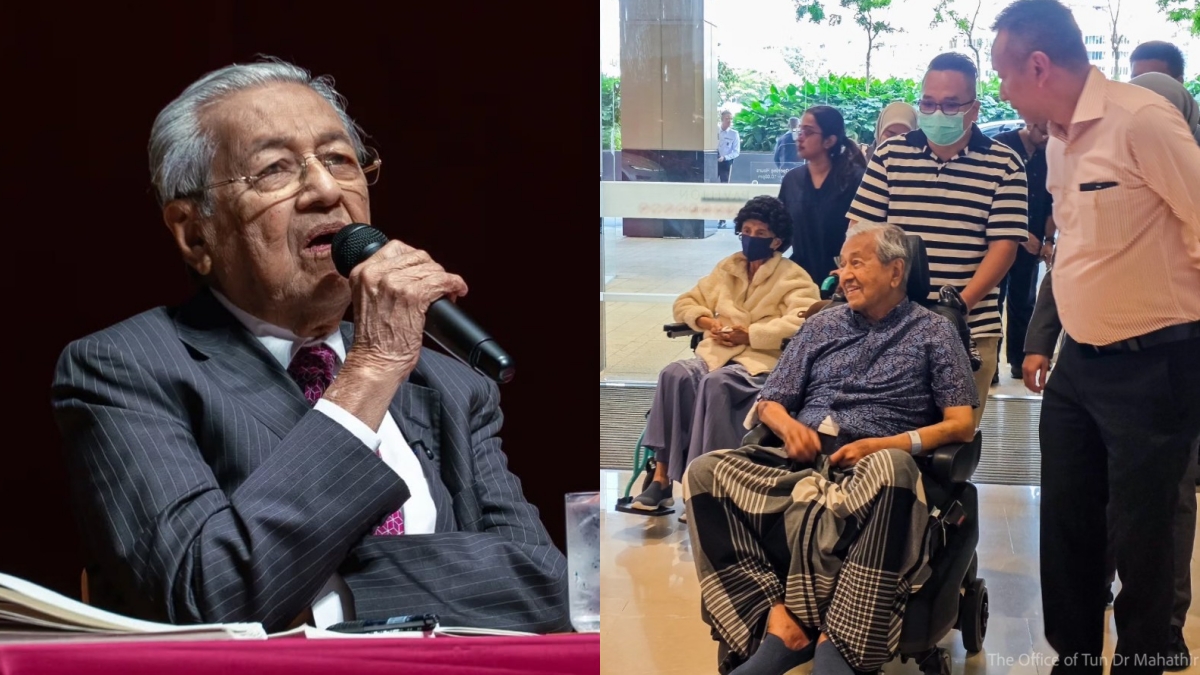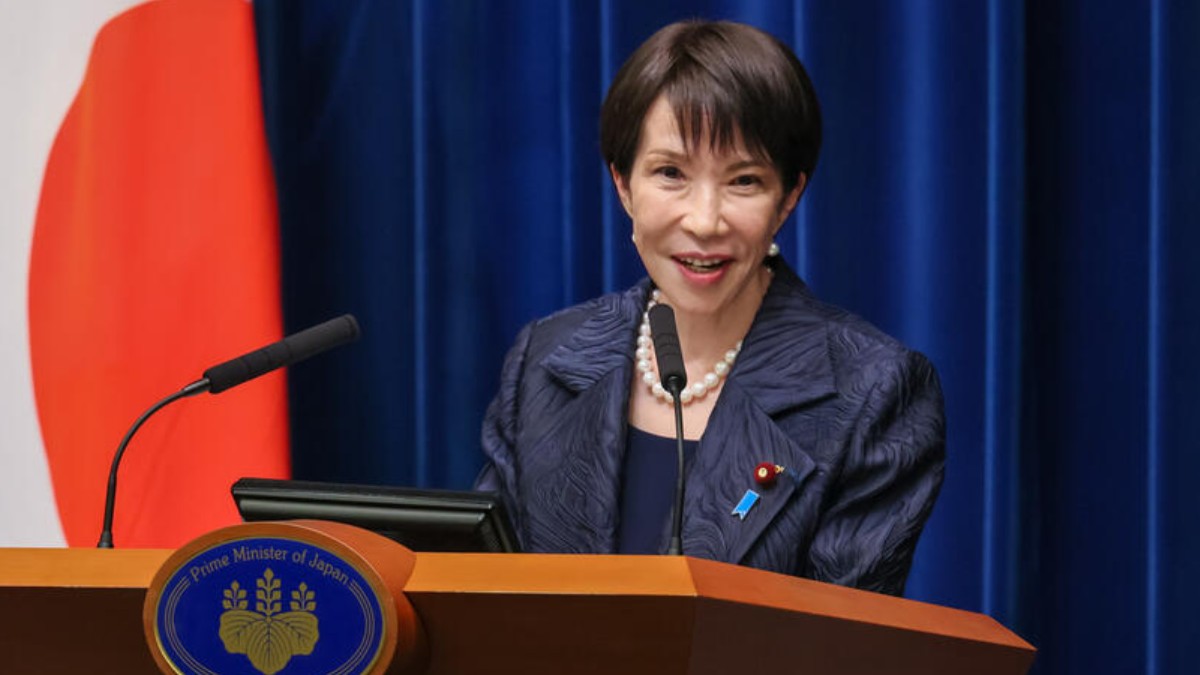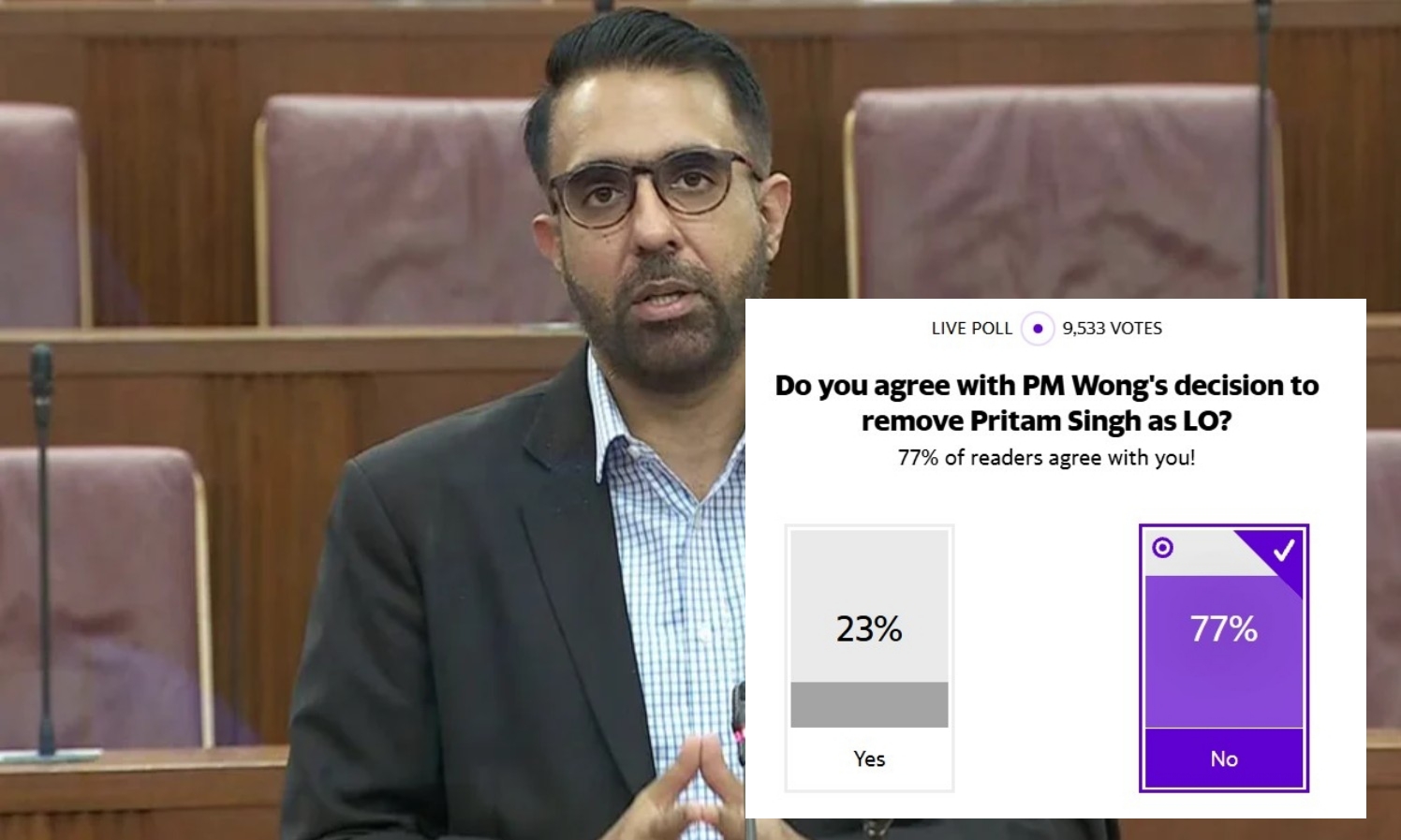WP pushes safeguards for suicide content, sexual grooming; public interest checks in online safety bill
The Workers’ Party filed proposed amendments to the Online Safety (Relief and Accountability) Bill, ahead of its second reading in Parliament on 4 November. The changes seek to expand the Bill’s scope to include suicide-related content and sexual grooming, while ensuring public interest safeguards for legitimate expression.
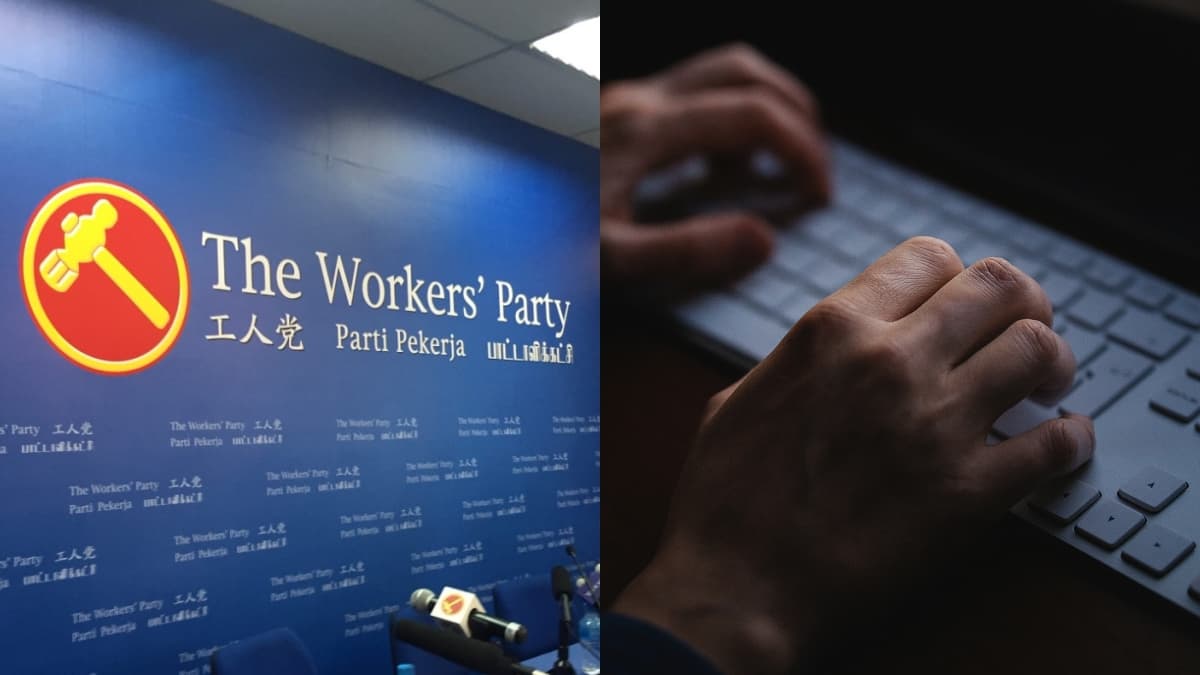
- The Workers’ Party (WP) has submitted amendments to Singapore’s Online Safety (Relief and Accountability) Bill (OSRA), expanding definitions of harmful content and adding public interest safeguards.
- Proposed changes include tackling suicide promotion and sexual grooming contents.
- WP also seeks stronger transparency, annual reporting, and appeals to the High Court for greater oversight.
SINGAPORE: The Workers’ Party (WP) filed proposed amendments to the Online Safety (Relief and Accountability) Bill (OSRA), which is scheduled for its second reading in Parliament on 4 November 2025.
The OSRA Bill, tabled on 15 October, aims to strengthen online safety by providing individuals with timely legal recourse and redress for online harms.
It is jointly introduced by the Ministry of Digital Development and Information (MDDI) and the Ministry of Law (MinLaw).
If passed, the Bill will establish a new statutory body — the Online Safety Commission (OSC) — tasked with administering reporting mechanisms for victims and enforcing compliance among online service providers.
Addressing five key categories of online harm
First announced by Prime Minister Lawrence Wong in 2024, the OSC is expected to become operational by mid-2026.
Under the proposed OSRA, the OSC would regulate 13 categories of online harm, including harassment, doxxing, stalking, intimate image abuse and child exploitation. Individuals could face fines of up to S$20,000 or 12 months’ jail, while platforms may be penalised up to S$500,000.
WP’s proposed amendments, revealed on 29 Oct, seek to expand this list to better reflect evolving online risks and provide stronger protection for vulnerable groups.
Expanding harmful content definitions
Among the central proposals, WP recommends that the definition of harmful online content be broadened to include publication of online material that encourages or promotes suicide or deliberate self-injury, and sexual grooming of persons below 18 years old or vulnerable adults.
The proposed addition recognises the growing concern around online material that normalises or glorifies self-harm, as well as the increasing prevalence of grooming behaviours targeting minors and vulnerable individuals.
The amendment provides that legitimate academic, medical, or artistic communications would not fall under these definitions, as long as they do not pose undue risk to individuals below the age of 16.
Ensuring “public interest” protections
In addition to expanding the scope of online harms, WP has also introduced several provisions to safeguard legitimate public discourse.
Under the proposed amendments, online communications that form part of fair comment on matters of public interest would not be classified as harassment.
Similarly, disclosures of private information would be exempted from liability if the public interest in disclosure outweighs the interest in maintaining privacy.
The proposal lists examples of such public interest grounds, including:
-
Informing the public on issues of significant concern;
-
Exposing wrongdoing, corruption, or miscarriages of justice;
-
Protecting public health and safety;
-
Supporting national security; and
-
Ensuring open justice and proper governance.
A similar clause would apply to communications that could otherwise be seen as causing “disproportionate harm” online, provided they relate to public interest matters.
WP has argued that these additions would prevent the Bill from being used to suppress legitimate expression, such as investigative journalism or advocacy.
Transparency and accountability requirements
To enhance oversight, WP proposed that the Commissioner of the Online Safety Commission be required to submit an annual report to Parliament.
The report would outline:
-
The number and types of online harm reports received;
-
Directions and enforcement actions taken;
-
Risk assessment findings and emerging trends;
-
Privacy protection measures; and
-
Accessibility of redress mechanisms, especially for vulnerable adults.
Additionally, WP’s proposal mandates that online service providers publicly disclose their own risk assessments, privacy practices, and procedures for complaints and reporting harmful content.
These measures are aimed at promoting transparency, accountability, and public confidence in how the OSRA is implemented.
Appeals process to the High Court
WP has also proposed the insertion of a new clause allowing appeals to be made to the General Division of the High Court.
Under this amendment, individuals or entities may appeal decisions or directions made by the OSRA Appeal Committee on specific grounds — such as points of law, questions of fact, or technical impossibility of compliance.
The High Court would have the authority to confirm, vary, or set aside such decisions and issue further orders as deemed appropriate.
Additional provisions for reporting and consultation
Further amendments propose new sections mandating risk assessment, reporting, and accessibility requirements.
The Commissioner would be empowered to consult with advocacy groups representing women, children, and vulnerable adults when preparing annual reports.
Online platforms would also be compelled to provide and publish publicly accessible information on:
-
Risk assessments and privacy measures;
-
User reporting and complaint mechanisms; and
-
Timelines and remedies offered to victims.
These changes aim to ensure greater transparency and collaboration between regulators, industry stakeholders, and civil society in addressing online harms.
Civicus Monitor warns new OSRA bill risks deepening censorship of free expression
Earlier, Global civil society group Civicus Monitor has raised concerns over the OSRA bill. It warned that the Bill reflects a continuing trend of shrinking civic space in Singapore.
Josef Benedict, Civicus Monitor’s Asia-Pacific representative, said the bill represents “the latest move” to impose stricter online restrictions, under the pretext of protecting users from harm.
He cautioned that its vague and broad provisions could be used to suppress peaceful government critics, as seen with previous laws such as the Protection from Online Falsehoods and Manipulation Act (POFMA) and the Foreign Interference (Counter-Measures) Act (FICA), which rights groups say have targeted journalists, activists and opposition figures.
Benedict urged the government instead to heed UN Human Rights Council recommendations to review restrictive legislation, ratify the International Covenant on Civil and Political Rights, and establish an independent human rights commission. Civicus currently rates Singapore’s civic space as “repressed”.
The Ministry of Digital Development and Information says the Bill responds to widespread public concern, citing surveys showing over 80% of residents have encountered harmful content and many support tighter rules.
However, critics say broad definitions—including “reputationally harmful statements”—could enable political censorship.
They warn that oversight concentrated under the MDDI minister, who appoints both the OSC commissioner and appeals body, risks reinforcing ministerial control over what constitutes truth or harm—continuing patterns seen under POFMA and FICA.


